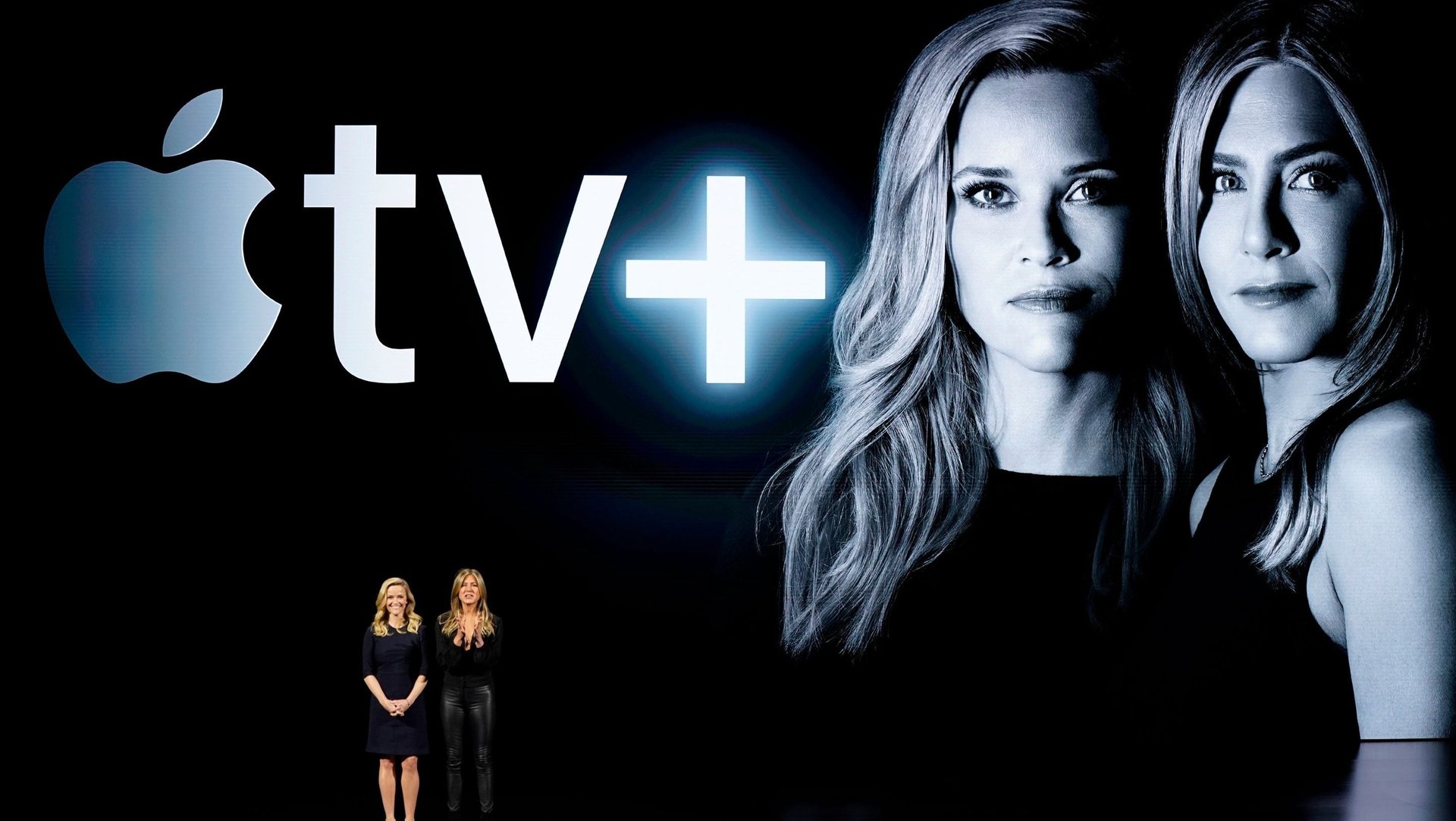Apple wants to steal the “premium TV” mantle from HBO
More than two decades after HBO first told the world that it was something better than regular TV, Apple is trying to do the same thing.


More than two decades after HBO first told the world that it was something better than regular TV, Apple is trying to do the same thing.
The technology company officially unveiled its new streaming TV service, Apple TV+, at an event yesterday (March 25) in Cupertino, California. For an undetermined fee, Apple TV+ will offer subscribers a catalog of original shows. Apple also announced a revamped Apple TV app and a separate service called Apple Channels, which will allow subscribers to bundle a number of third-party streaming services (similar to Amazon Prime Video Channels).
Apple then brought out a caravan of A-list celebrities—from Steven Spielberg to Reese Witherspoon and Jennifer Aniston to Oprah Winfrey—to preview some of the service’s upcoming series. At the end, the company finally showed off some footage from these shows, most of which are still in production.
We still don’t know a lot about Apple TV+: what it will look like, how much it will cost, how these shows will be released (all at once Netflix-style, in weekly installments, or perhaps a mix of both). But we do know one thing: Apple sees its offering as the next incarnation of HBO—a carefully curated selection of only the best, most prestigious content Hollywood can offer, driven by big stars and bigger budgets.
And its message to creators is that Apple, not HBO, is now the premiere destination for big, bold TV projects:
Among Apple’s upcoming offerings is a morning-show drama starring Witherspoon, Aniston, and Steve Carell; an epic futuristic drama starring Jason Momoa; a remake of Spielberg’s sci-fi anthology series Amazing Stories; and projects by J.J. Abrams, Kumail Nanjiani, Brie Larson, Damien Chazelle, M. Night Shyamalan and, yes, Oprah.
That’s already more star power than HBO, or any other network, can boast. Apple doesn’t want its programming to be the “something for everybody,” highly personalized plethora of programming that constitutes Netflix. It’s hoping to grow, as HBO did, by going smaller in its breadth of shows but treating each one as if it could be the next Game of Thrones.
“Introducing a new home for the world’s most creative storytellers,” the sizzle reel read in bold letters. Every second of the Apple TV+ presentation, from its parade of stars down to its high-end aesthetic, made one thing abundantly clear: This isn’t normal TV. This is something better.
That may sound familiar—and that’s no coincidence. But replicating HBO as the go-to place for quality content is easier said than done, especially since it appears the tech company thinks it can skip a few of the steps HBO had to take on the way to earning its premium TV reputation.
When HBO first started making original shows, it didn’t have the luxury of every A-list star in existence backing it. Its first hourlong drama, Oz, featured an ensemble cast of character actors. When The Sopranos debuted in 1999, James Gandolfini was not a superstar. Hardly anyone actually watched The Wire—today considered one of the great series of all time—when it originally aired on HBO.
It took HBO more than a decade of building up goodwill through inventive, risky shows like Six Feet Under, Deadwood, and The Leftovers before the channel earned the right to just throw Meryl Streep on your TV screens and call it a day. Even Game of Thrones, now the biggest show on the planet, had much more humble beginnings. When it premiered, the cast was not well-known, and the show very easily could have served only a niche fantasy audience (or, worse, it could have massively flopped).
Apple wants to skip the growing pains and cut right to the Big Little Lies of it all, hiring as many big names as it can to drive subscriptions and make money outside of its core iPhone business. It’s hard to blame the company—it certainly has enough money and clout to do just that.
And its timing is fortuitous. There may just be an opening in the premium TV game as HBO’s new corporate owners, AT&T, try to make HBO less like the HBO of old and more like the Netflix of now. If HBO isn’t going to be HBO anymore, maybe Apple will be.